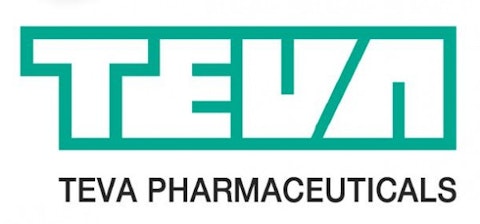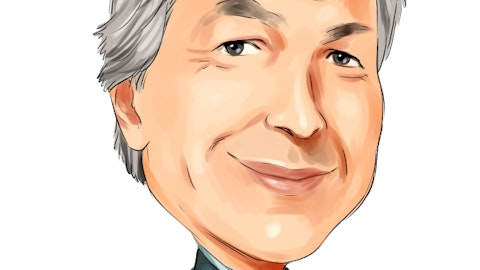This past week has been fairly brutal to stocks as the situation in Syria deteriorated and American saber-rattling suggested that a military intervention may be right around the corner. In troubling times like these, it’s tough to stay invested and keep money at risk in the market.
The real-money Inflation-Protected Income Growth portfolio fell right along with the market since last week’s update. Still, that portfolio is designed in a way that lets it stay invested no matter how the market moves, as long as the companies that it owns continue to operate in the way that made them worth buying in the first place.
To earn a spot in the portfolio, the companies behind each stock had to:
- Pay dividends, have a history of increasing their dividends, and look capable of continuing to increase those dividends;
- Appear reasonably to cheaply valued by some fundamentally focused valuation technique;
- Have decent balance sheets that can help protect them from inevitable slip-ups; and
- Fit with the rest of the portfolio reasonably well from a diversification perspective.

It’s all about the cold, hard cash
While the news can move stock prices in the short run, over time fundamental business performance drives investing returns. And when it comes to returns for investors, nothing quite compares to the feel of cold, hard cash hitting the brokerage account. Several iPIG picks are ready to pay their owners cash dividends for the risks they’re taking in owning those stocks. In part because the holiday-shortened week compressed payment schedules, a lot of it happens this Tuesday.
On Tuesday, supplemental insurance giant AFLAC Incorporated (NYSE:AFL) will pay its owners $0.35 per share for the fourth consecutive quarter. If it keeps with its recent trends, investors (including the iPIG portfolio) could expect to see a raise as soon as its next payment. Also on Tuesday, staple foods maker The J.M. Smucker Company (NYSE:SJM) will pay its owners a $0.58 dividend, its first since its recent dividend increase. Smucker’s raise for its shareholders exemplifies exactly the sort of investor-oriented behavior that made the company worth buying for the iPIG portfolio in the first place. Joining the dividend party, banking giant Wells Fargo & Co (NYSE:WFC) hands its owners $0.30 per share on Tuesday, its second at that level since resuming dividend increases after the recent financial meltdown. Wells Fargo was among the fastest major banks to recover its dividends since the crisis, showcasing its financial strength.
Not to be outdone, Teva Pharmaceutical Industries Ltd (ADR) (NYSE:TEVA) is also paying its dividend on Tuesday, handing its U.S.-based owners a payment that starts around $0.32 per ADR for the third consecutive quarter. Because the company is based in Israel, however, US investors will see about a 15% haircut from the Israeli withholding tax. Still, the fact that the company continues to make its dividend payment in spite of potentially being in the crosshairs of the Syrian conflict showcases just how committed it is to its shareholders. And finally, delivering consistent income for its shareholders along with those famous brown trucks, United Parcel Service, Inc. (NYSE:UPS) is also expected to pay its dividend this week. The company’s $0.62-per-share quarterly payment marks its third at that level



